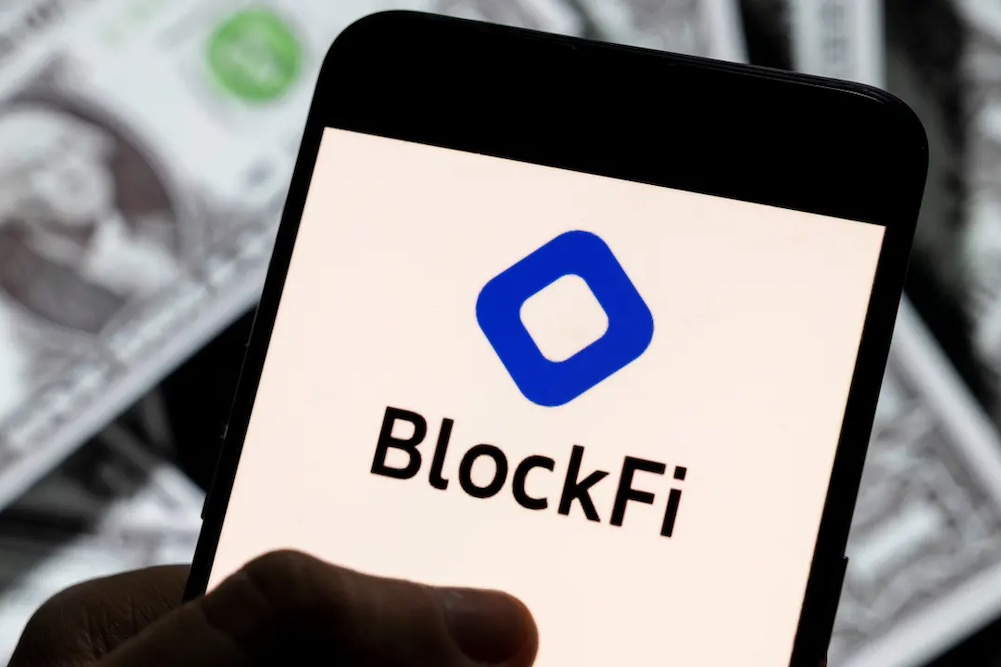Developers must update their projects for POL compatibility, and users need to be aware of these changes to interact smoothly with the network.
Polygon will upgrade its mainnet on September 4, 2024, changing from its MATIC token to a new POL token and updating its smart contracts. This transition follows community approval, and POL will keep MATIC’s tokenomics, distribution, and total supply.
SAVE THE DATE: MATIC → POL
After community consensus, the long-awaited upgrade is set for September 4th
• Initial phase: POL replaces MATIC as the native gas and staking token for Polygon PoS
• Subsequent phases: POL will serve a crucial role in the AggLayer
More details🧵 pic.twitter.com/SyxsFAlOeZ
— Polygon Foundation (@0xPolygonFdn) July 18, 2024
At first, POL will replace MATIC for gas fees and staking on the network. Later, POL might get more uses, especially in the AggLayer, depending on community feedback.
POL’s Transition Plan and Migration Steps
The POL upgrade went live on the Polygon testnet on July 17. This gives the community six weeks to find and fix any issues before the mainnet upgrade. The community will use this time to thoroughly test and ensure a smooth transition.
Current MATIC holders on the Polygon PoS network will automatically switch to POL, requiring no action from them. However, MATIC holders on Ethereum, the Polygon zkEVM, or centralized exchanges must follow specific steps by core developers to ensure a smooth transition to POL. These steps will be detailed and easy to follow to help everyone make the switch without issues.
Developers and stakeholder groups with MATIC on Ethereum will also automatically convert to POL, but they can opt-out if they choose. This migration will require many decentralized finance protocols, decentralized applications, and infrastructure to update to support the new POL token. Developers will need to update their projects to ensure compatibility with POL, and users will need to be aware of these changes to interact smoothly with the network.
Polygon’s Scaling and Security Upgrades
Polygon uses two scaling solutions: the Polygon PoS sidechain and the Polygon zkEVM zero-knowledge rollup network. They plan to launch the Polygon 2.0 architecture to create a unified liquidity framework that improves interoperability and shared state functionalities across multiple ZK-Rollup chains. This architecture aims to enhance the overall efficiency and performance of the Polygon network.
The AggLayer will connect the Polygon 2.0 chains and secure them by settling ZK-based security proofs on Ethereum. This layer will play a crucial role in maintaining the security and integrity of the network. Polygon introduced “zkPoS Phase 1,” a plan to link Polygon PoS with the AggLayer as part of moving Polygon PoS to a zkEVM Validium. This phase is an essential step in the overall upgrade process.









